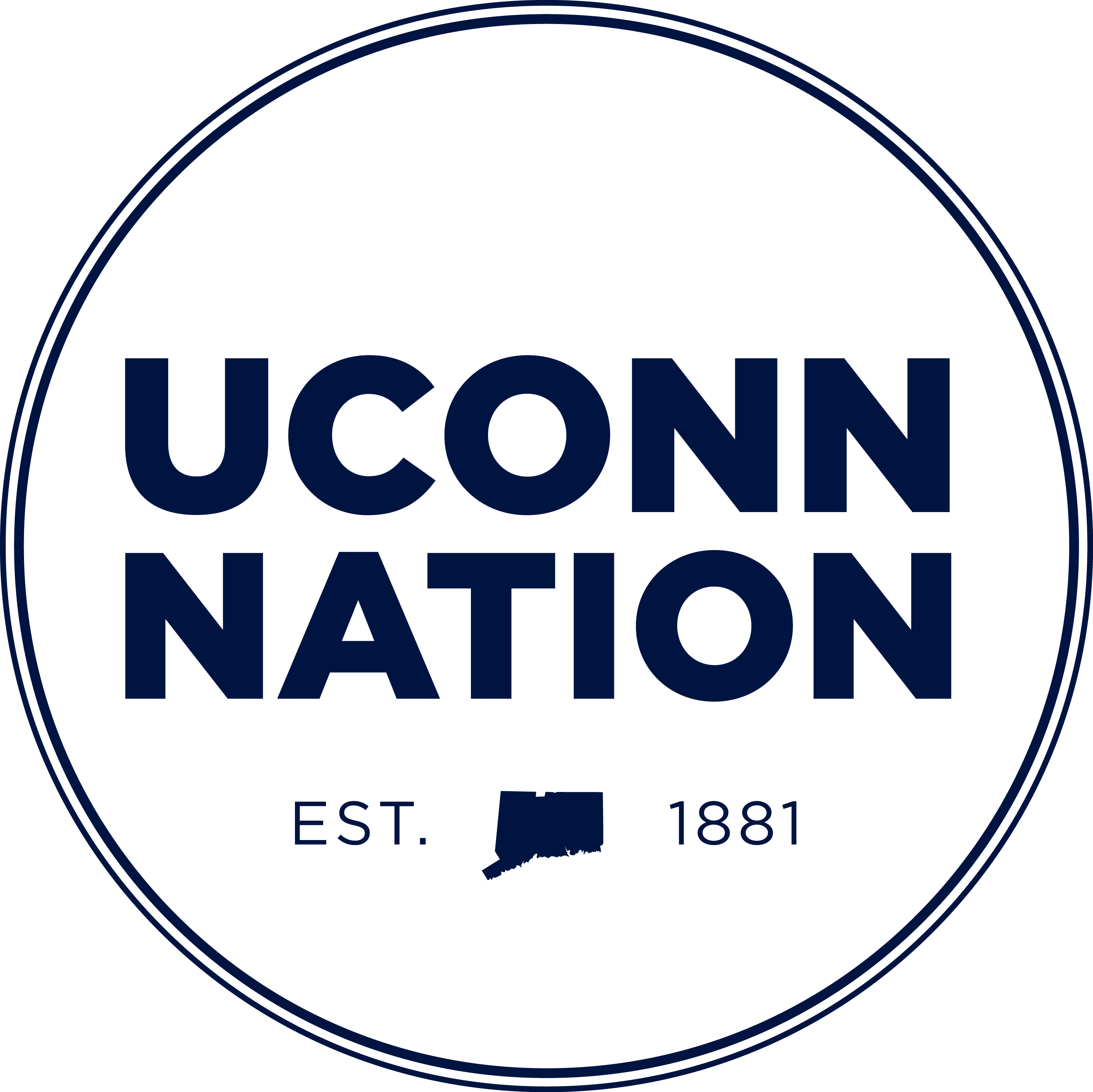Alexander Grey - Graduate Student
Graduate Assistant
National Institute for Undersea Vehicle Technology
How did you find your position? What was the process like from application to the offer stage? Please detail your experience.
I was full time staff as program management for a staff and looking to start my PhD. The program PI was willing to fund my PhD as a full time GA on the same grant and thus transitioned my position to a GAship to begin my doctoral studies and continue my administrative duties on said grant.
What made you apply for your position?
Funding for my PhD
How have you been able to balance your schoolwork and work responsibilities? Please provide details of any challenges or hurdles you have encountered.
At the graduate level research priorities and job duties tend to have significant overlap and thus it’s very easy to find tasks that are simpatico, pushing both areas forward.
What are your personal keys to success and what aspects of your job do you find the most fulfilling or enjoyable?
I find that most of my success has come from not allowing myself to plateau for too long. It’s important to take a minute to rest, sure, but getting complacent stifles further development intellectually, professionally, etc., so once I’ve figured out and routinized one aspect of my duties, rather than being content to go through the motions and being efficient in those assigned areas I will diversify out and learn more capabilities to develop my skills further, be that research capabilities, some software used in the UConn system, or being more efficient in organizing meetings. As for the most enjoyable aspects, there are really two. I enjoy student mentoring much more than I expected to. There’s nothing quite like working with a student team to solve a problem they’ve been stuck on and guiding them through to a solution — the Socratic method is a powerful tool. When they feel successful it makes you feel successful. The other aspect is my own research. I enjoy being able to solve my own puzzles as well. Long hours alone trying to solve some research question become worth it when the pieces finally click, and you have an answer — makes academia all worth it.
Describe your typical day at work?
A typical day is hard, there’s too much variability. But a typical week, that is easier to describe. I teach one or two courses a semester and take three courses, so a fair amount of my time is in a classroom either leading or learning. I usually have several meetings one-on-one with students within the UConn Navy STEM Program to mentor their research, professional development goals, and to help with K-12 outreach. Those meetings are always enjoyable, it’s fun solving life questions. I have daily meetings with the rest of the program management staff; we are in the midst of a major staff transition and as the longest serving program manager, I am in the process of training the rest of the team on our systems and setting long-term strategy for the next five years of our grant. I also am the lead for government relations for the grant program, and thus spend some of my week in communication with the CT congressional delegation and Department of Defense, keeping them up to date on our progress and priorities. The remainder of my week (shocking I have time left, I know), is dedicated to my security studies research into the role of submarines in global deterrence.
What skills have you acquired or developed in your on-campus job that can contribute to your career readiness or professional development?
Technical understanding of systems, student mentorship, leadership, grant writing, program management, lesson planning, academic writing, data analytics, corporate relations
